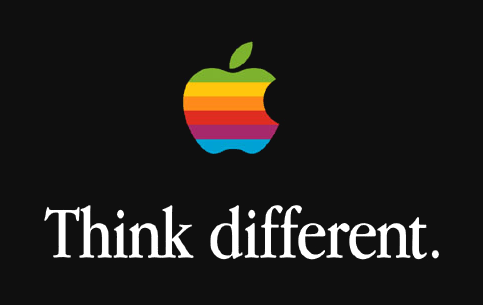http://www.cbc.ca/news/technology/story/2012/10/12/f-ewallets-mobile-payments.html
Almost everyone has a phone these days, in fact roughly 80% of the worlds population as access to one today. Smartphones make up about 1.08 billion of the 5 billion mobile phones floating around today, with 81% of these users claim to use their phones throughout the day. Smartphones represent more than a phone; they hold maps, emails, banking information and other applications outside of a phone. The thing that smartphones arent though is a wallet, but that may soon change. Fusing smartphone technology and payment technology is the next step in the mobile market. Recently, Starbucks released a mobile app that allows clients to pay for their orders through their phone and it exploded.
Now companies like Walmart, Bestbuy and Target are utilizing the same technology and reaping great rewards. By allowing clients to “swipe” with their mobile phones instead of their credit cards companies are able to save money from creditors who often charge swipe fees upwards of 2%. As of now the only thing holding back the mobile payment game is the amount of firms that would be involved in the deal, and who gets the cuts. Phone companies, cell carriers, banks, creditors all want a piece of the pie but cant decide how to cut it, so until then phones are going to have to wait for a bit before they can enter the world of wallets.








